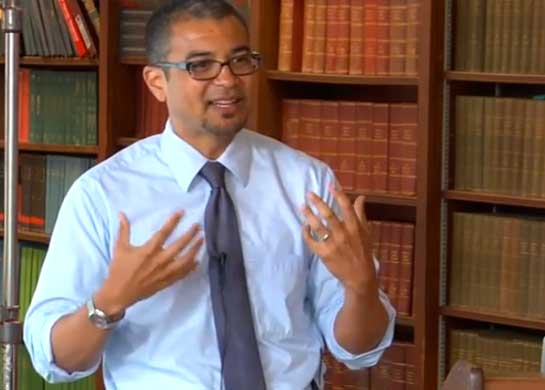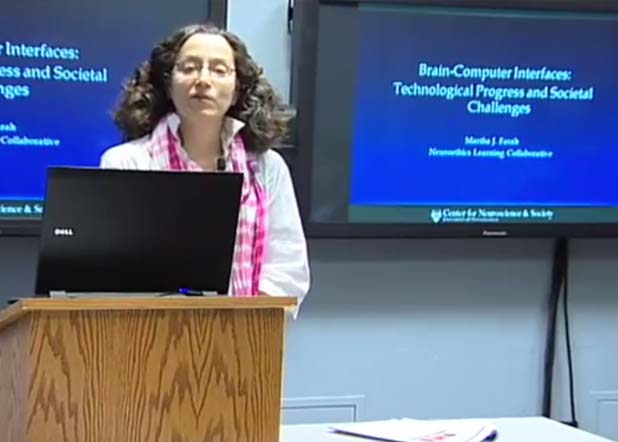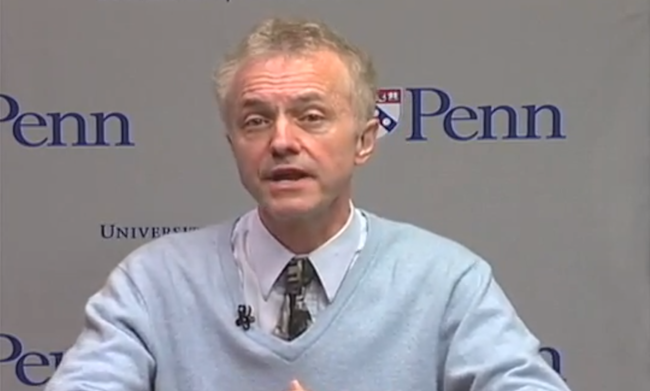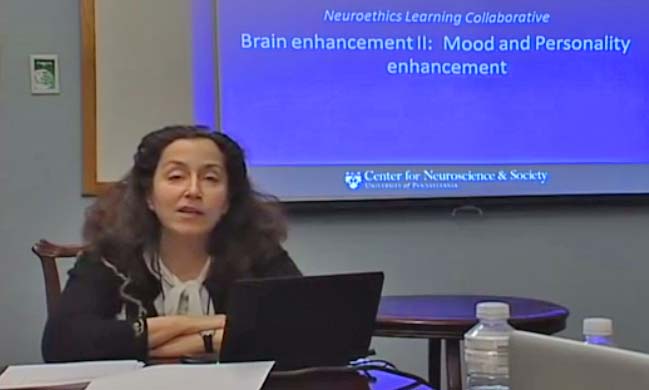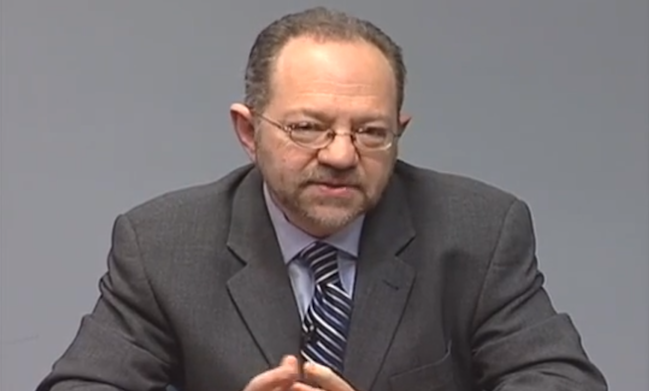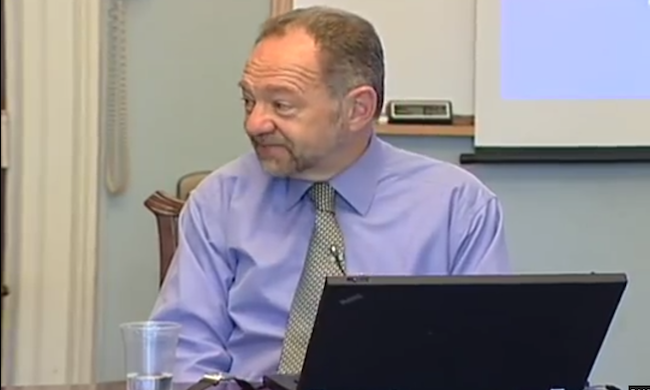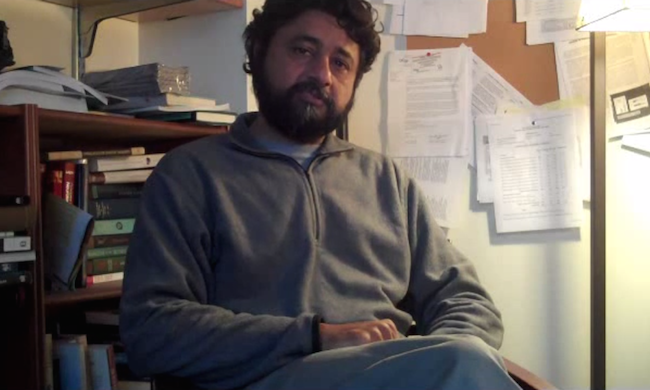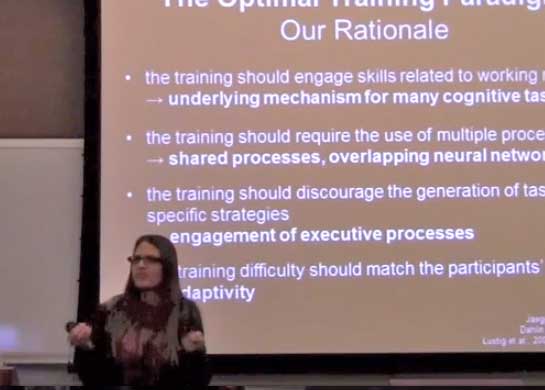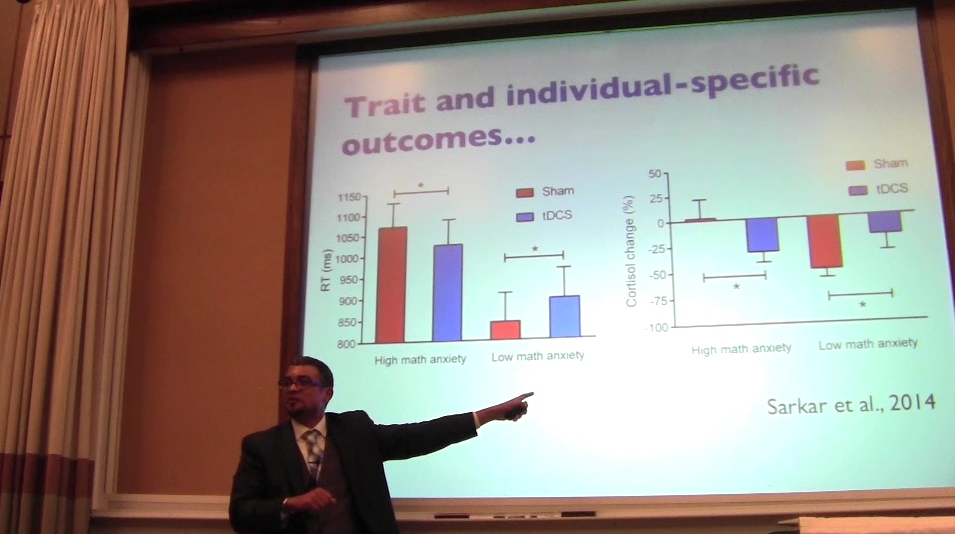Transcranial magnetic stimulation (TMS) and transcranial direct current stimulation (tDCS) are increasingly used in research and, to a limited extent, in clinical practice. They constitute [...]
Brain-Computer Interfaces: Technological Progress and Societal Challenges (Martha J. Farah, PhD)
Cyborgs with computer-augmented brains are the stuff of science fiction, but in recent years they have also become science fact. In this lecture we review [...]
Cognitive Enhancement (Martha J. Farah, PhD)
One of the most widely discussed issues of neuroethics is cognitive enhancement. In this lecture Professor Farah reviews the science and ethics of pharmaceutical cognitive [...]
The Criminal Brain: How, Could and Should We Change It? (Adrian Raine, PhD)
Dr. Adrian Raine, professor of criminology and psychiatry at Penn An examination of the brain basis to crime and violence What we can do to [...]
Neuroethics – Are Better Brains Better? (Anjan Chatterjee, MD)
Dr. Anjan Chatterjee, professor of neurology at Penn and faculty member of Penns Center for Cognitive Neuroscience Ethical dilemmas arising from advances in the neurosciences [...]
Transhumanism: Enabling and Transcending the Human Brain (Susan Schneider, PhD)
Dr. Susan Schneider, assistant professor of philosophy and an affiliated faculty member with Penn Center for Cognitive Neuroscience and the Institute for Research in Cognitive [...]
Introduction to Neuroethics (Martha J. Farah, Ph.D)
In this lecture, delivered at the end of a neuroethics course, Professor Farah provides an “introclusion” (intended as an introduction or conclusion) to the field [...]
Personality and Mood Enhancement (Martha J. Farah, PhD)
Cognitive ability is not the only trait that people seek to enhance pharmaceutically. Personality and mood can also be altered pharmacologically and are increasingly used [...]
The Brain and National Defense: A Neuroethics History (Jonathan Moreno, PhD)
Dr. Jonathan Moreno, professor of medical ethics and of History and Sociology of Science at Penn The role of brain research in national defense How [...]
Neuroscience and National Security (Jonathan Moreno, PhD)
The term "dual use" has at least two axes of meaning: benevolent/malevolent and civilian/military. It is generally used to different possible applications of technology. In [...]
A Clinician Looks at Enhancement (Anjan Chatterjee, MD)
Anjan Chatterjee, MD Dr. Chatterjee is Elliott Professor and Chair of Neurology at Pennsylvania Hospital. He has long been interested in the social and ethical [...]
Brain Training: Current Challenges and Potential Resolutions (Susanne Jaeggi, PhD)
Susanne Jaeggi investigates working memory and executive control across the lifespan with behavioral and neuroimaging methods. Dr. Jaeggi is known for her research on whether [...]
The Neuroscience of Enhancement: A Framework for Ethical Analysis (William Casebeer, PhD)
William Casebeer, PhD is well known for his work in neuroethics, the evolution of morality, the intersections of cognitive science and national security policy, philosophy [...]
From Do-It-Yourself to Direct-to-Consumer: the Regulation of Consumer Noninvasive Brain Stimulation Devices (Anna Wexler)
Anna Wexler is a Ph.D. candidate in the Department of Science, Technology and Society at the Massachusetts Institute of Technology (MIT). She is currently a 2015-2016 [...]
Cognitive Enhancement with Noninvasive Brain Stimulation (Roy Hamilton, MD)
Dr. Hamilton is an Assistant Professor in Neurology at the University of Pennsylvania. He graduated from Harvard Medical School and the Massachusetts Institute of Technology [...]
